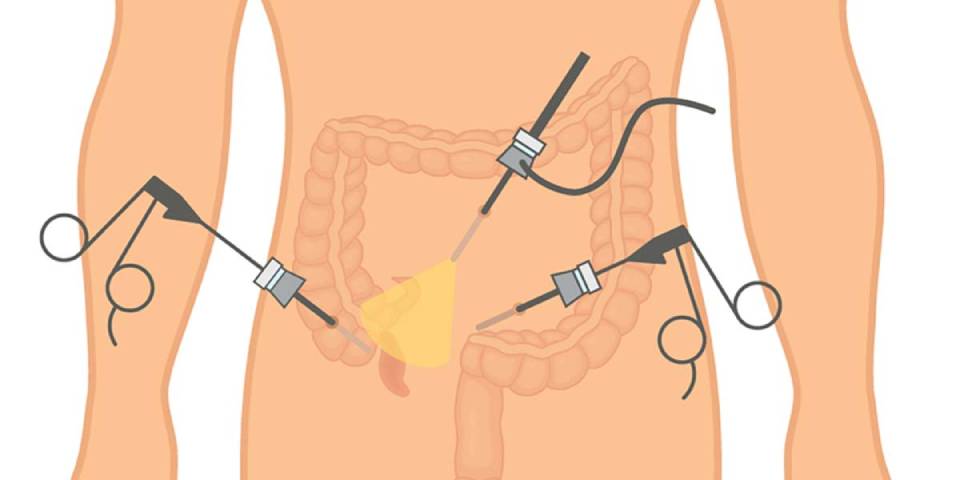
Appendix surgery in chennai
What is an appendectomy?
An appendectomy is a surgical operation to extract the appendix. Appendectomy is the standard surgical therapy for appendix removal, a painful inflammation of the appendix. Because an inflamed appendix can rupture, appendicitis is believed a medical emergency. A ruptured appendix can be very dangerous. A healthy appendix, on the other hand, doesn’t appear to have any essential function in the digestive system. If you have to have your appendix removed, you won’t miss it.
Why is the appendix removed?
In most cases, laparoscopic appendectomy is believed the safest treatment for appendicitis. There are a few exceptions — for example, some people might be unsuitable for surgery. Some people might react to antibiotics alone if their appendicitis is uncomplicated and detected early enough. These people are at risk of recurrent appendicitis, regardless. Ultimately, the risk of fracture is much greater than the low risk associated with the surgery. If your appendix is inflamed adequately to rupture, it’s safest to remove it.
What are the symptoms of appendicitis?
Appendicitis causes abdominal pain, which is most often felt around the belly button. The pain could also spread to the lower right side of your abdomen. Additional signs and symptoms of appendicitis include:
- Fever
- Diarrhea
- Nausea
- Vomiting
- Loss of appetite
- Frequent urination
- Painful urination
Let's Understand About the Laparoscopic Appendectomy:
For a laparoscopic appendectomy, Dr. Pinak Dasgupta will begin with a tiny incision near the belly button. They’ll insert a tiny port into the incision, and through the port, they’ll insert a tiny tube called a cannula. The cannula is utilized to inflate your abdominal cavity with carbon dioxide gas. This creates more room for the operation and lets the abdominal cavity and its contents show up more clearly in photographic images.
After that, they’ll remove the cannula and insert a laparoscope — a long, thin tube with a tiny light and high-resolution camera attached. The camera will display the surgery on a video screen, allowing the surgeon to discover the appendix and guide the instruments through one to three small incisions. Periodically, the laparoscope may reveal difficulties that weren’t expected, and laparoscopic surgery may need to convert to open surgery to manage them.
Life after an Appendectomy Surgery:
Possible complications of appendectomy:
Complications are rare, but possible. They include:
- Bleeding.
- Wound infection.
- Blocked bowels.
- Injury to nearby organs.
Do's and Don’ts to follow after an appendectomy:
While you are recovering at home, follow these guidelines:
Do:
- Keep your incision(s) clean and dry to prevent infection.
- Eat soft foods until your bowels can tolerate more solid foods. Take it slow.
- Limit your physical activity. If you had open surgery, your abdominal muscles may ache after standing too long.
- Call your doctor if you notice any strange symptoms.
Don’t:
- Take medication that your doctor hasn’t approved. Some pain medications may cause you to bleed more easily.
- Bathe except as directed. Don’t go swimming until your stitches are removed.
- Strain your abdominal muscles. Avoid stair climbing and lifting heavy objects.
- Be completely sedentary. It’s important to get up and walk around now and then to prevent blood clots and encourage your digestive system along.
Talk To Pinak Dasgupta: Appendix surgeon in chennai
No one would like to have abdominal surgery. But if you ever have appendicitis, you’ll need quick relief. Appendectomy is still the securest and most adequate way we know to not only treat appendicitis but to prevent it from returning and from spreading infection, which can be catastrophic. Recent innovations such as laparoscopy have made it possible to perform appendectomy as a minimally-invasive outpatient procedure when circumstances allow. For more information Contact Dr. Pinak Dasgupta.
